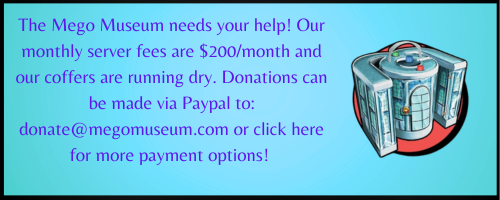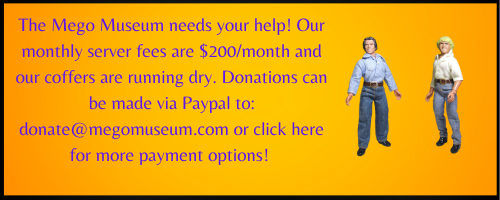I know we have some folks who are quite knowledgeable on this topic, so I'm trying to wrap my head around this.
Suppose I license the exclusive rights to make rubber balls with DC characters on them. I design the balls-- an assortment with Superman, Batman, Wonder Woman, Green Lantern, and the Flash-- and get licensor approval. Then I start manufacturing my rubber balls. I sell them at drug stores and such, plus you can buy them directly from me via my website.
Then my license expires. What exactly happens? The stores that have them on the shelves can keep selling them, I assume. Could I continue to sell them directly from my website? Could stores order more if I am sitting on inventory?
Assuming I can keep selling my existing inventory (directly or via retail), how does the licensor know that I am not just making more product vs. just having a ton of leftover stock to sell?
I realize some things have a natural shelf life that would make this all moot. But a Wonder Woman rubber ball, for instance, could last forever (and probably always have a market).
Suppose I license the exclusive rights to make rubber balls with DC characters on them. I design the balls-- an assortment with Superman, Batman, Wonder Woman, Green Lantern, and the Flash-- and get licensor approval. Then I start manufacturing my rubber balls. I sell them at drug stores and such, plus you can buy them directly from me via my website.
Then my license expires. What exactly happens? The stores that have them on the shelves can keep selling them, I assume. Could I continue to sell them directly from my website? Could stores order more if I am sitting on inventory?
Assuming I can keep selling my existing inventory (directly or via retail), how does the licensor know that I am not just making more product vs. just having a ton of leftover stock to sell?
I realize some things have a natural shelf life that would make this all moot. But a Wonder Woman rubber ball, for instance, could last forever (and probably always have a market).




Comment